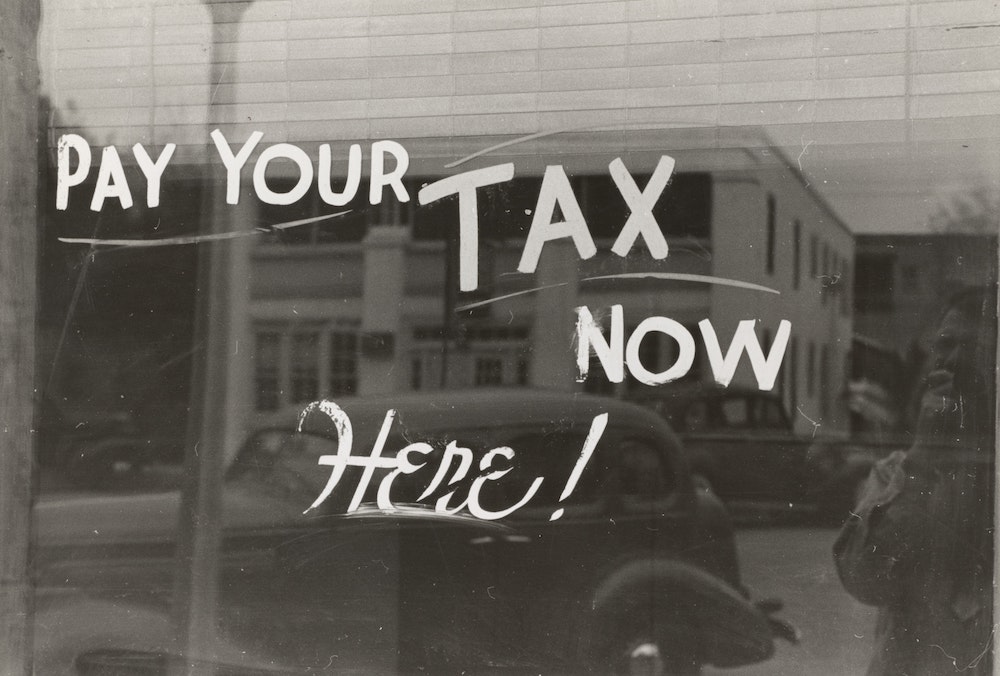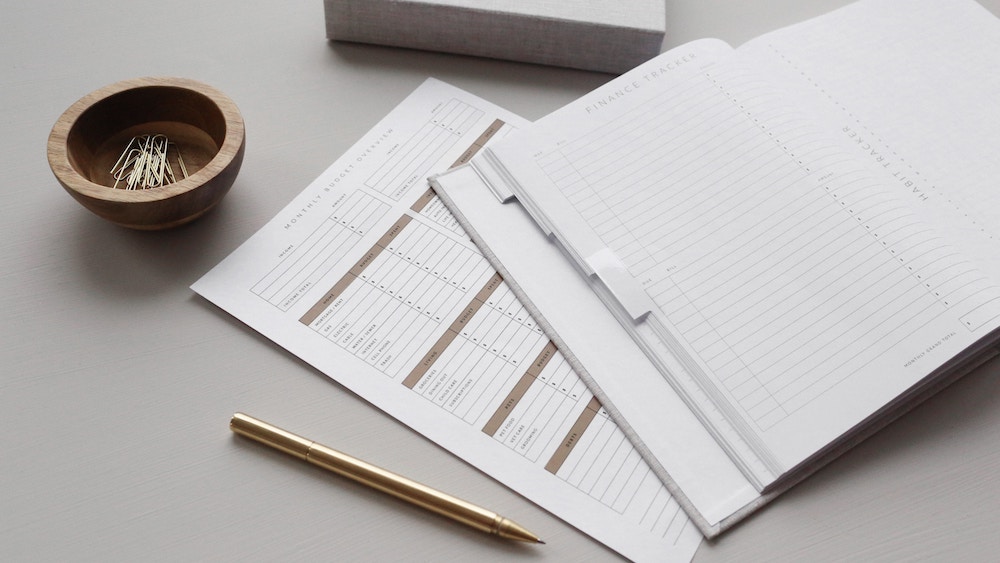With the new university year on the horizon, a brand new set of students are set to embark on the next chapter of their academic studies. But amidst all the excitement, there’s one admittedly less-exciting necessity that must be sorted first – finance.
That’s why today, we’re taking a closer look at student loans, comprehensively breaking down everything both parent and student need to know by bypassing the jargon to ensure you’re financially prepared for the term ahead.
How much are current fees?
The maximum amount of tuition fees a university, college or educational institute can currently charge full-time students is £9,250 per year, but only if that institution has a gold, silver or bronze rating from the Teaching Excellence Framework. Without this rating, fees are capped at £9000 a year.
What does a student loan cover?
The total amount of your student loan is broken into two separate amounts:
Tuition fee loan
The tuition fee loan is designed to cover your tuition costs, ensuring you don’t have to pay any fees upfront. This money goes directly from the Students Loan Company to your educational institute, so you’ll never actually see any of this money.
Maintenance loan
The maintenance loan is designed to cover accommodation expenses, utility bills, course materials and other associated living costs. The total amount you’ll receive varies based on an array of contextual factors.
How is the amount I’m eligible for decided?
While your tuition fee loan will pay the amount charged for your chosen course, the total amount you receive for your maintenance loan will depend on a few different factors:
Where you’ll study
To compensate for higher living costs, you’ll receive a higher maintenance loan if you’re studying in London, for example.
Where you’ll live
If you’re living at home rather than in student or private let accommodation, you’ll receive less for your maintenance loan as your living expenses are assumed to be significantly lower than that of students paying rent costs.
Your household income
The total amount you’ll receive for your maintenance loan will be primarily decided by your household (and by that we most likely mean your parents’) income. The lower your household income, the higher the total amount of maintenance loan you’ll be paid – the theory being that the higher your household income, the more able your parents are to financially support you through university.
Is other funding available?
In an effort to ensure less financially prosperous students are still able to receive a higher-education, there are sources of extra funding available in the form of external grants and bursaries. Application and eligibility will vary depending on the provider, so it’s best to do a bit of research before you fly the nest – and better still, this money doesn’t have to be paid back.
How does the application process work?
Applying for student finance is actually pretty simple – all you need to do is fill out the relevant application forms through the student finance portal. Assuming you meet the eligibility criteria, the Student Finance Company will guide you through the application process, which will include you and your parents having to fill out a variety of forms and declarations.
You can apply for funding up to nine months after the start date of your course, however, it’s recommended to apply as soon as possible to ensure you receive funding by your desired date.
What if I’m a mature student?
Mature student finance doesn’t differ that greatly from the aforementioned financing. Your tuition fees will still be entirely covered by mature student loans and, assuming you’re 25 or over and independent of your parents, you’ll receive a full maintenance loan to subsidise your living costs.
This can vary depending on contextual factors, however. If you’ve received student finance before, you may be entitled to less funding, whereas factors such as having children could mean you’re entitled to more.
How am I payed?
Your maintenance loan will be paid directly into your chosen bank account in three installments at the start of each term. Typically, the third installment will be the largest amount to compensate for the longest period between payments (April-September).
When do I start repaying?
You won’t start repaying any of your debt until after you’ve graduated from university, and even then you won’t start making any repayments until you’re earning above the annual threshold of £25,725. If you begin repayments but then your salary drops below this threshold, payments will be halted.
How do repayments work?
Repayments come directly from your payroll (like national insurance) – subsequently, you’ll never actually see any of the money you repay. Repayments are calculated at 9% of your income above the threshold. For clarity, let’s take a look at an example…
Eric earns £30,000 a year – this means he is earning £4,275 above the threshold. With his repayments charged at 9% of this difference, Eric will repay a total amount of £385 across the year.
How much will I repay?
Student loan interest rates are dictated by the current Retail Price Index (RPI), meaning these rates can often vary. As a rule of thumb, however, you’ll be charged the current RPI in interest while earning below the repayment threshold, with this interest steadily rising in correlation with an increased salary. This is capped at earnings over £46,305, at which point your loan will be subject to RPI + 3%.
After 30 years, any outstanding debt will be wiped, regardless of how much you have paid back.
Now that you understand the fundamentals of student loans, you can begin this exciting new chapter with all the necessary financial know-how.
All information correct as of August 2019























